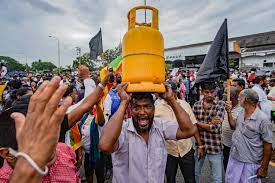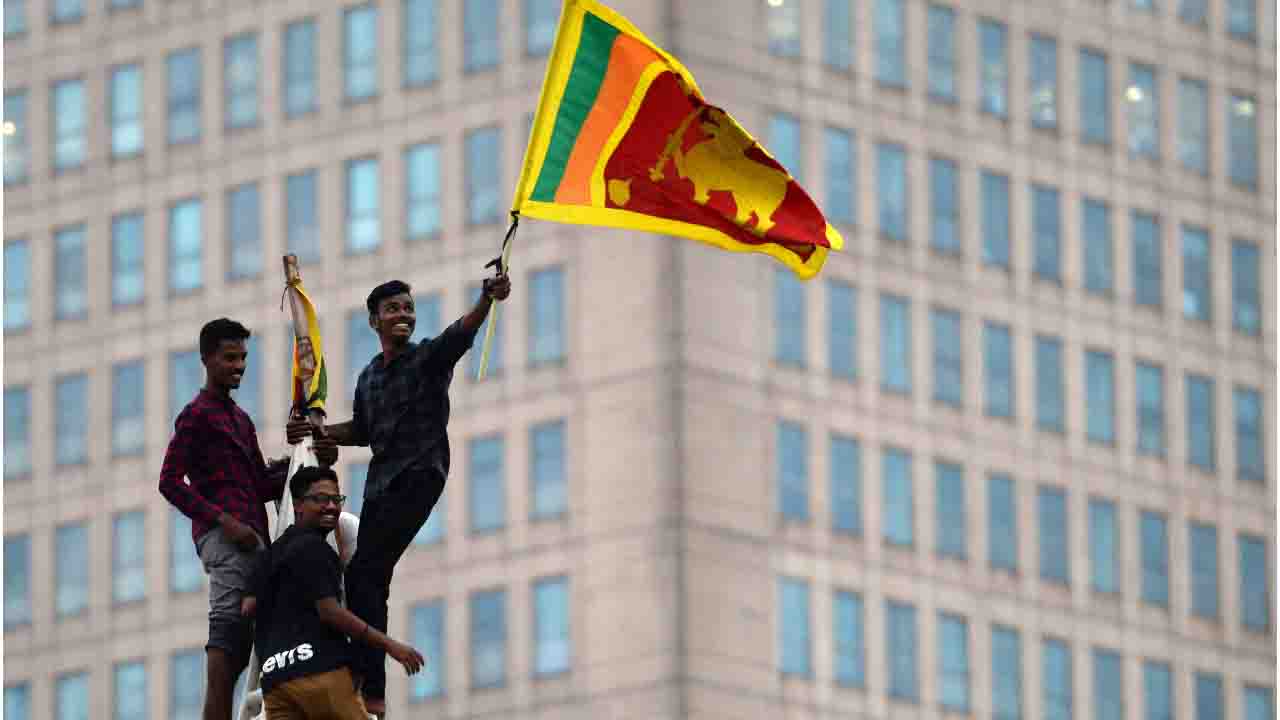Sri Lanka (Common Wealth) _ Sri Lanka is at a crossroads in its history. Years of economic mismanagement, poor governance, and poor policy choices, combined with the effects of external shocks like as the COVID-19 epidemic and Russia’s invasion of Ukraine, pushed the country into its worst-ever crisis in 2022.
Economic collapse and political upheaval have wreaked havoc on people’s lives and livelihoods everywhere, wreaking the most havoc on the poorest and most vulnerable.
Every crisis presents an opportunity. For Sri Lanka, this critical juncture represents an opportunity to reorient its development model toward green, resilient, and inclusive growth. Sri Lanka has commenced the process of achieving this goal. What is critical now is to keep the reform momentum going, to rebuild faith in public institutions through more openness and accountability, and to protect the livelihoods of those most affected by the crisis. Such initiatives merit the support of Sri Lanka’s international partners.
True, the economic crisis has left profound scars in all aspects of Sri Lankan life. From 5% to 15%, urban poverty has tripled. People have had to quickly adjust to a new reality in which options for a good employment are limited, salaries are dropped and degraded by inflation, and opportunities for a better future are becoming increasingly scarce.
People often manage in times of stress by employing harmful survival methods. For example, they may restrict their intake of nutritious foods, forsake investments in education and preventative health, or engage in informal and subsistence jobs. These negative coping mechanisms have the potential to destroy decades of human capital gains, with long-term consequences. Food insecurity is already causing an increase in child malnutrition and stunting, which grew from 7.4 to 9.2% between 2021 and 2022.

In additional to supporting the government’s efforts to stabilize the economy, the World Bank is assisting with the transformation of economic governance and institutions Increase the transparency of the public sector. This will be accomplished by strengthening fiscal monitoring and debt management, as well as addressing the roots of the increased financial sector risks. We are also assisting Sri Lanka in its transition to a more private-sector-driven and outward-looking economy by supporting SOE reforms, lowering trade costs, and making it easier for the private sector to invest. Although important, these reforms might have a harmful impact on people if the immediate consequences are not addressed.
A more effective social protection system is a priority for preventing further welfare losses. Our assistance is centered on restructuring existing cash transfer programs and upgrading the social register in order to give targeted monetary assistance to individuals in greatest need. Aside from cash transfers, the World Bank has helped people’s lives and livelihoods by providing vital products such as medications and school meals.
Building a more inclusive society is required to strengthen human capital. The government is working on laws to strengthen the institutional structure. Skills training, job coaching, and access to finance can make Sri Lankans more employable, allowing them to rebuild assets and improve their economic well-being. These actions can be spurred by policies that promote job creation through an improved business environment and access to finance, particularly for Sri Lanka’s small and medium-sized businesses.
Key words- economic crisis, World Bank, IMF, Sri Lanka, Recovery, human capital, unemployment, small and medium-sized businesses








